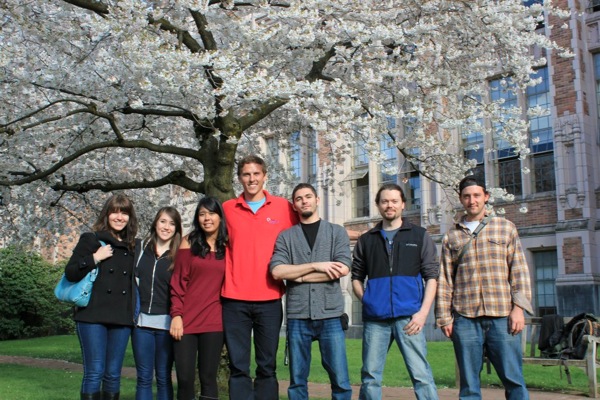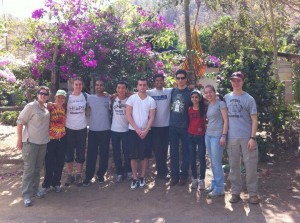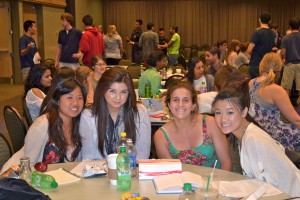The following blog was written by Allen Gula, co-founder of Global Brigades Ghana. You can check out Allen’s personal blog here.

University of Washington hosted the Seattle Global Brigades Exchange today with student attendees from various universities from around Seattle, Washington and Portland, Oregon. The Seattle GBExchange intended to unite Global Brigades participants under a common vision of action throughout the upcoming school year. The GBExchange events are taking place across the United States in 2012 so that university students may come together to share ideas on club recruitment, fundraising and sustained student engagement. The culminating GBExchange activity is to have each university attendee create a vision for their campus clubs over the next year and discuss action steps we need to take as a global organization in order to achieve these goals.
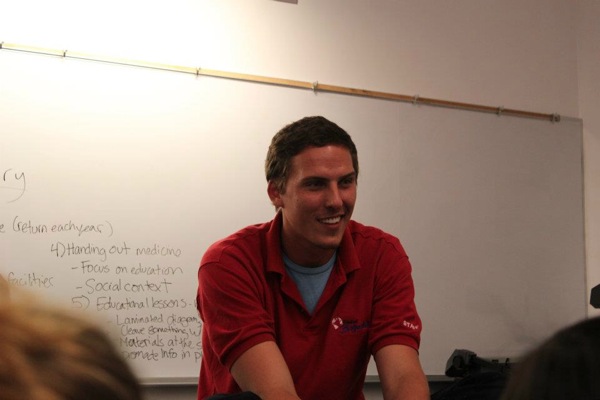
Seattle Exchange participants started by offering their definition of the word ‘sustainability’ and how that applied to projects in Honduras, Panama and Ghana; then offered ideas on how the concept applied towards campus initiatives. The overarching theme was that university chapters of Global Brigades are highly skilled at mobilizing thousands of students annually to work on sustainable development projects in Honduras, Panama and Ghana for short term volunteer programs; but what of the other 50 weeks in the year? What are methods of sustained club engagement that university students can enact in order to make an impact in our hometown communities? How do we take this massive mobilization of compassionate, conscious and resourceful student/professional network towards dynamic methods of civic engagement?
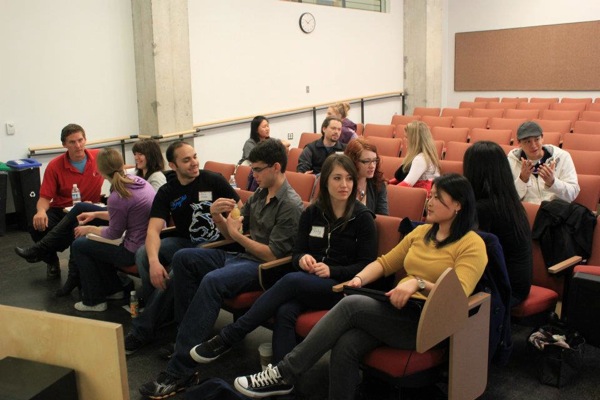
From here the conversation shifted towards reflection on the TedEx Calgary video posted by David Damberger:
The intention was to antagonize ourselves into lively discussions about where NGOs have had issues with community commitment and mobilization around rural development projects. Students discussed elements of Medical Brigdes education stations, charla, and Public Health Brigades/Water Brigades as tools for structural health care. Global Brigades full time in country staff is responsible for the coordination and sustainability of all projects and programs in Honduras, Panama and Ghana. Volunteer organizations historically have negated the importance of sustainability initiatives like community project maintenance of infrastructure, Community Health Worker (CHW) programs and other systems that lack built in mechanisms for project longevity. Seattle area students are truly speaking about development work today with dynamic approaches towards social change.
The Global Brigades Seattle Exchange was an insightful consortium of very conscious student leaders from around the Pacific Northwest focused on making Global Brigades a platform for student and community interaction. Rhetoric, brainstorming and best practice sharing sessions were incredibly well managed. The dialogue around high level development work is very much alive in Puget Sound… By the way, ‘Sustainable’ was defined as establishing systems that have the capacity to endure- among countries Global Brigades materializes projects and on university campuses around the world. Everyone is responsible for being a conscious citizen to bring awareness and action to our global community. Thank you Seattle, keep the movement alive!
